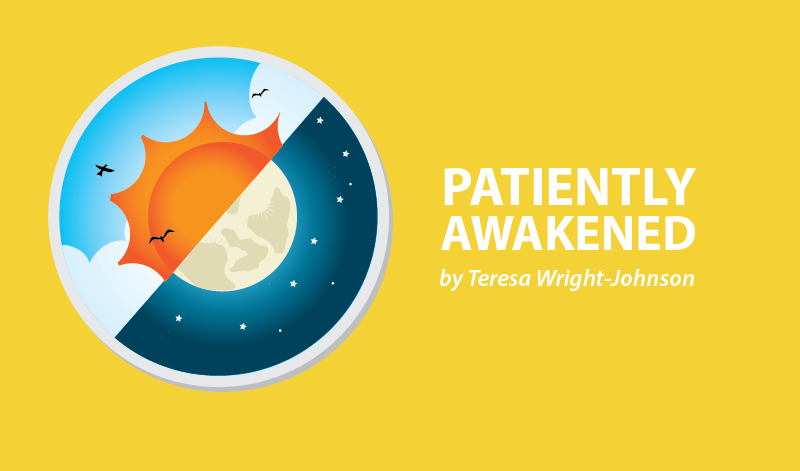Are You Sincere When You Ask, ‘How Are You?’
Written by |

How are you?
These three words are ingrained in our vernacular. The question is often asked as a kind gesture, a greeting of sort. Are we truthful in our inquiry, and are we genuinely interested in how someone is faring?
The intent of this week’s column is to explain the importance of asking “How are you?” and the significance of hearkening the answer given.
May is Mental Health Awareness Month, and many are struggling. Our current environment and ongoing separation from family and friends have a tendency to provoke feelings of loneliness, heightened anxiety, and mental decline.
Awareness months in all spaces are appreciated. Equally important is that awareness and empathy should be constant. Those who struggle with illnesses and conditions know that awareness occurs 365 days a year. There is no respite. Gleaning from personal conversations, social media posts, and my current struggle with anxiety and bouts of depression, I fully grasp the significance of the question, “How are you?”
The storms continue to rage in the waters of my life. As I consider the “How are you?” texts and phone calls I receive, I cogitate on my answers and the responses to them. My answers include “I’m struggling,” “I’m in excruciating pain,” “I am doing the best I can,” “I’m not feeling well,” “I’m hanging in there,” or “I am OK.”
I hear “I’m sorry” or “That’s too bad,” while the person hurriedly proceeds to tell me about them. I am confronted with moments of silence, shortened conversations, no response at all, or “I am happy you’re doing good.”
Although hurtful at times, I acknowledge that everyone processes life differently and most are fighting unknown battles. At once I am thankful for the core support system that are my lifelines — bridges over troubled waters.
Three simple words can change the trajectory of a day or a life. More than ever, we need to be heard. Physically, mentally, and spiritually, human beings are ailing. Loss and ruin are all-encompassing.
Assuming that everyone has a supportive network is presumptive. I veritably care about people and dare not utter the words “How are you” if I am not genuinely interested in hearing the answer. Rooted in my inquiry is the message avowing, “You matter to me.”
It’s an opportunity to display compassion and ascertain if I can assist in any way. As a person living with multiple sclerosis, chronic pain, and heart disease, support is paramount. Through it all, I am blessed to bless another and am stronger because of every tribulation.
For those who want to know, I’m struggling. Stressed. Ailing. In pain. Sad. Anxious. Grateful. Blessed. As jarring as it may sound, I am confident that faith and resiliency will endure. It is my request to be intentional when asking “How are you?” If the inquiry is feigned, there will be a missed opportunity to proffer encouragement. Be mindful of your circles and your “strong” family and friends. Stand in the gap for them.
In closing, please allow me to fortify anyone having an onerous time. You are not invisible. Please stay connected. Resources are available if needed. I am thinking of you. Important numbers to remember include: the National Institute of Mental Health (NIMH), 1-866-615-6464; the National Alliance on Mental Illness (NAMI), 1-800-950-6264; and the National Suicide Prevention Lifeline, 1-800-273-8255.
You are invited to follow my website at www.teresawrightjohnson.com.
***
Note: Multiple Sclerosis News Today is strictly a news and information website about the disease. It does not provide medical advice, diagnosis, or treatment. This content is not intended to be a substitute for professional medical advice, diagnosis, or treatment. Always seek the advice of your physician or other qualified health provider with any questions you may have regarding a medical condition. Never disregard professional medical advice or delay in seeking it because of something you have read on this website. The opinions expressed in this column are not those of Multiple Sclerosis News Today or its parent company, Bionews Services, and are intended to spark discussion about issues pertaining to multiple sclerosis.



Philip Kirschbaum
I am 69, have MS, and wrote a piece as an answer to the question “How are you?” I’d be glad to share that piece of writing for your publication if you're interested.
Andrea Burke
The article on ‘How are you’ was brilliant, my go to answer is always fine but I realise now that this isn’t the case and perhaps, even just for my sake, I should tell whoever asks exactly how I am feeling.
Thank you Teresa for this.